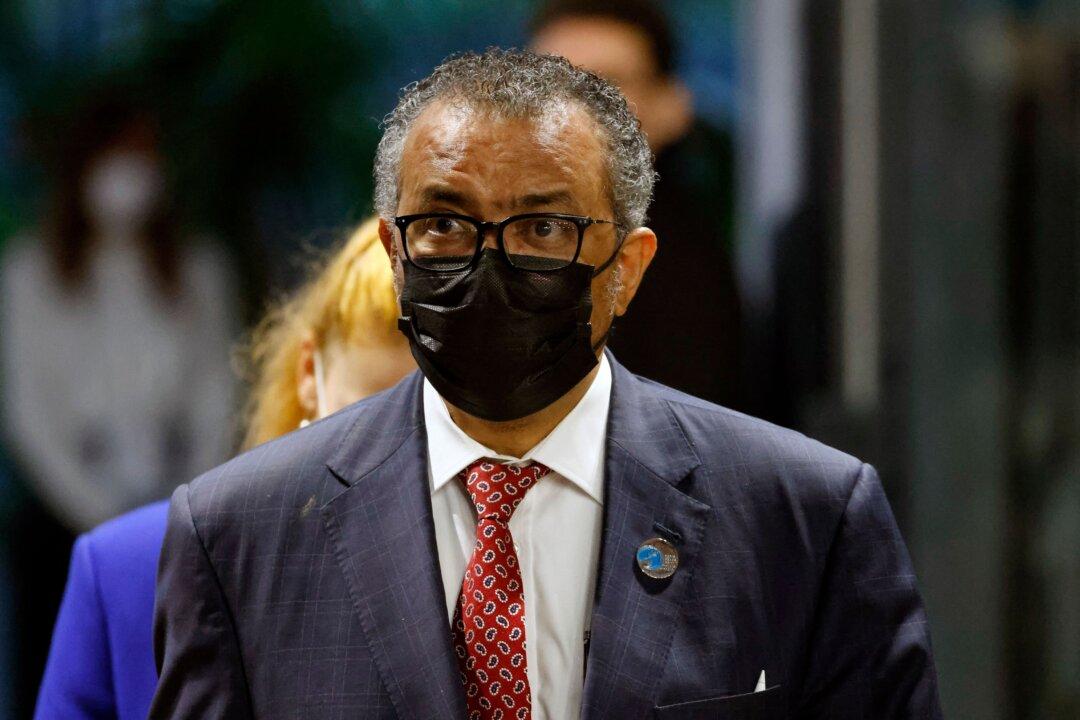The World Health Organization (WHO) is warning countries that the Omicron CCP (Chinese Communist Party) virus variant poses a “very high” global risk, even as scientists with the body acknowledge little is known yet about the strain.
“Omicron has an unprecedented number of spike mutations, some of which are concerning for their potential impact on the trajectory of the pandemic,” the WHO said in a Nov. 28 technical brief to its 194 members, which include the United States and China.






